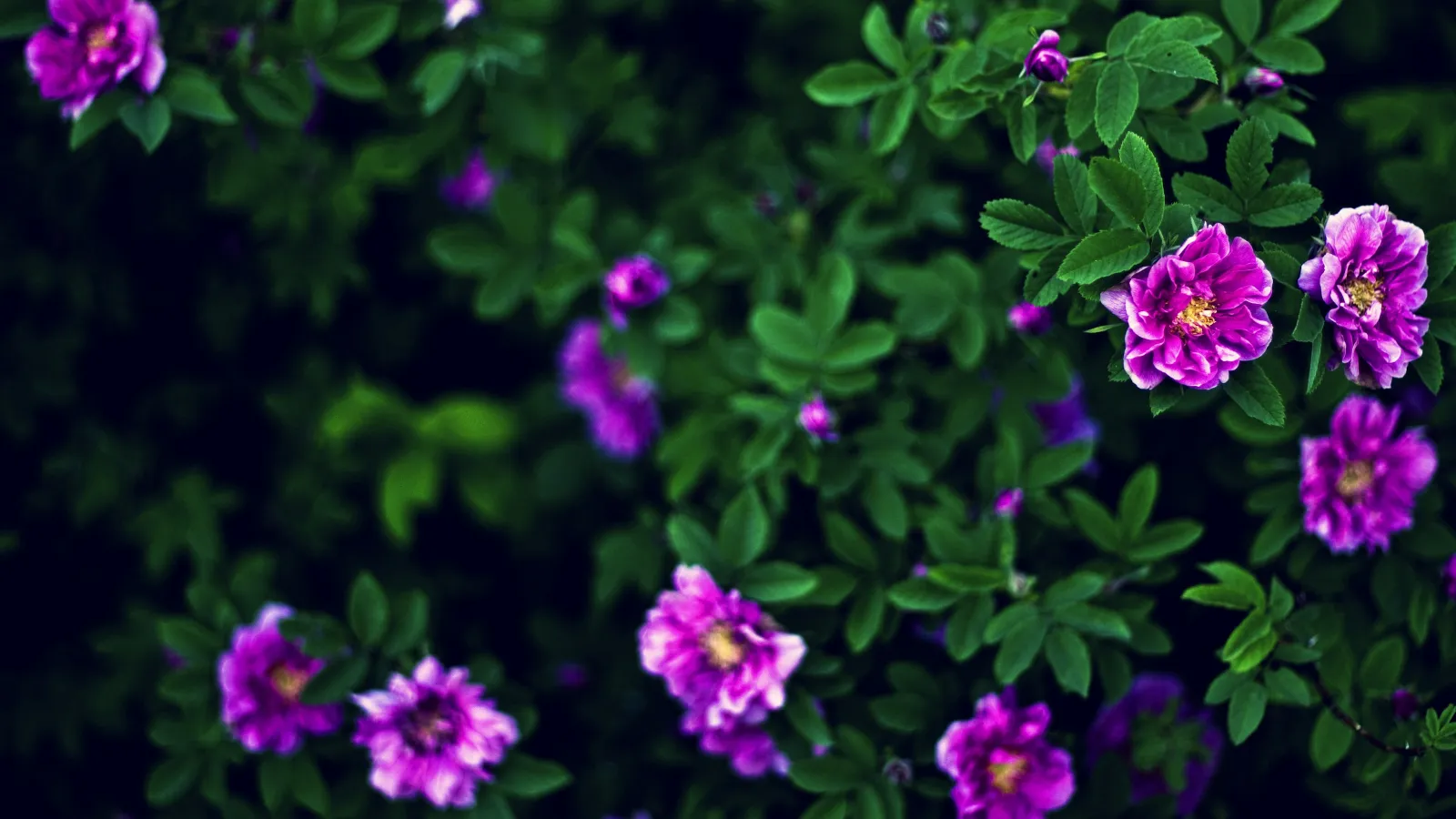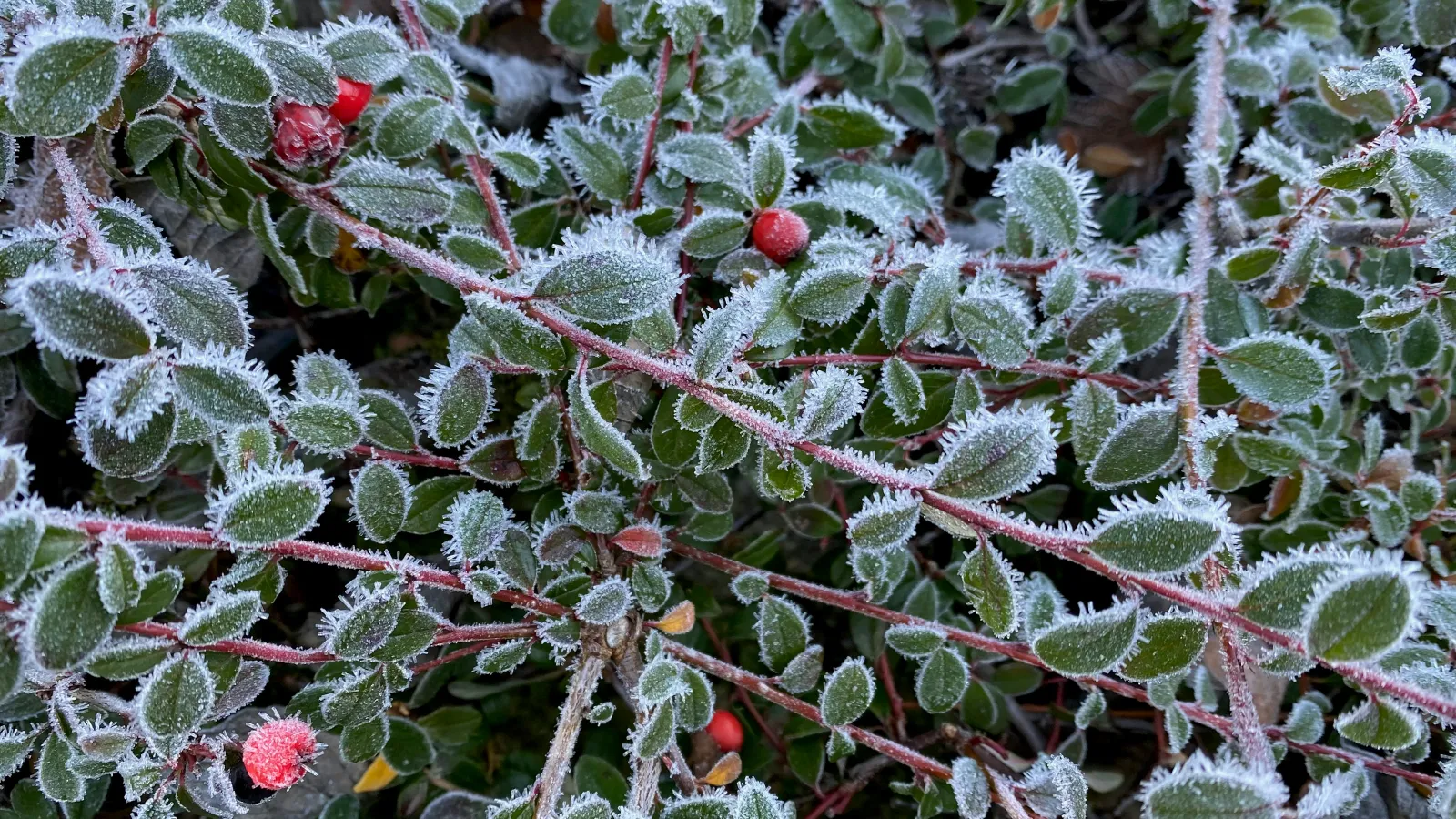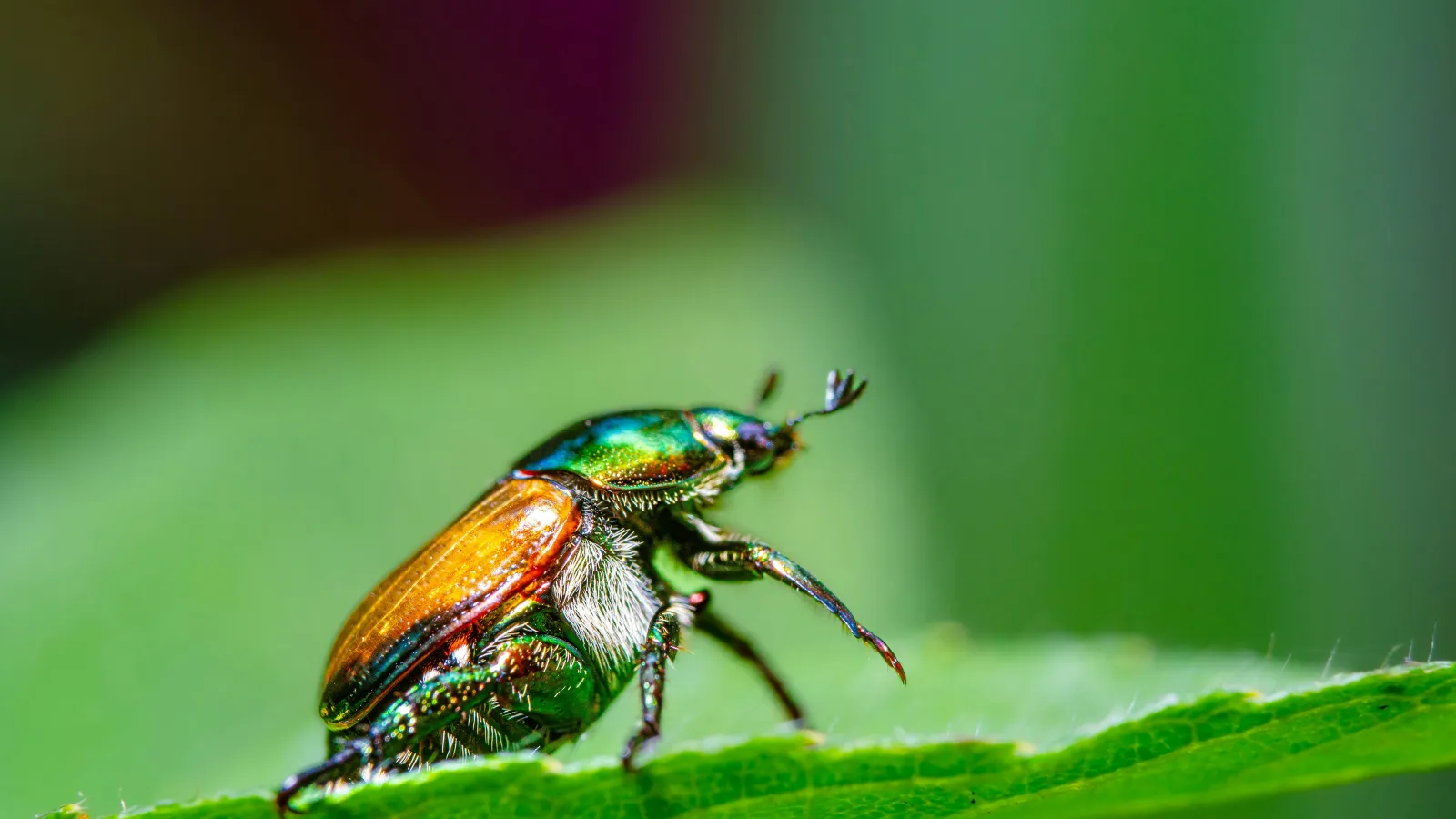
Horticultural Oils
As long as humans have raised plants for food, we’ve been fighting pests for crops. Sulfur compounds have been used for controlling pests since 350 B.C., and by the 1880s, the U.S was using horticulture oils as dormant sprays on fruit trees. Keep reading to learn more about horticulture sprays and winter tree and shrub care.
What Are Horticultural Oils?
Horticulture oils are plant, mineral, or petroleum-based oils mixed with water. This mixture is sprayed on the plant, including the foliage and woody parts. Oils are most effective against exposed eggs, immature stages, and soft-bodied pests such as aphids, whiteflies, and spider mites. But no need to worry, horticulture oils are non-toxic to birds, mammals, bees, and plants.
Dormant vs. Summer Oils
There are many different oils, but dormant and summer oils are the most commonly used.
Dormant Oils
- Used when the plant is dormant, and above-ground growth has slowed
- Typically more concentrated than summer oils
- Usually applied to ornamentals and woody plants
- Not recommended in the summer due to potential phytotoxic effects and damage to leafy plants
Summer Oils
- Used on plants while they are leafed out and are actively growing
- Can be used as dormant sprays, but dormant sprays do not work during summer
In the southeast, where our customers reside, dormant oils are best to use based on the types of landscape plants and our weather.
How Do Horticulture Oils Work?
Horticulture oils control insects with direct contact. When sprayed on the plant, the oil covers any exposed insects or eggs and suffocates them by clogging their breathing holes. Dormant horticulture oils also disrupt the metabolism of insect eggs and their ability to feed, causing them to starve to death. Not a pretty picture, we know, but remember that insects, like aphids, carry diseases from plant to plant by feeding.
Benefits of Dormant Oils
There are many benefits of using dormant horticultural oils. We recommend a professional to care for your shrubs and trees. The correct products must be used in the correct intervals and amounts. But back to the benefits.
- Protects plants from insects which can cause disease and fungus
- Oils evaporate and degrade rapidly, therefore, leaving no toxic residue.
- Insects are less likely to build a resistance to the oils because the action is mechanical (smothering) rather than chemical.
- Some formulations have been approved by the Organic Materials Review Institute and meet the qualifications for organic gardeners.
- Little to no odor.
When Do You Use Horticultural Oils?
We suggest applying dormant horticultural oils in the fall and winter. But pay attention to the weather. Ideally, you want the temperatures to remain above freezing for at least 24 hours after the application.
If you’re ready to protect your entire landscape, including your trees and shrubs, but prefer to leave it to the pros, reach out to The Nice Guys. And now is a great time to get started. Remember, what you do now affects how your plants look in the spring.

